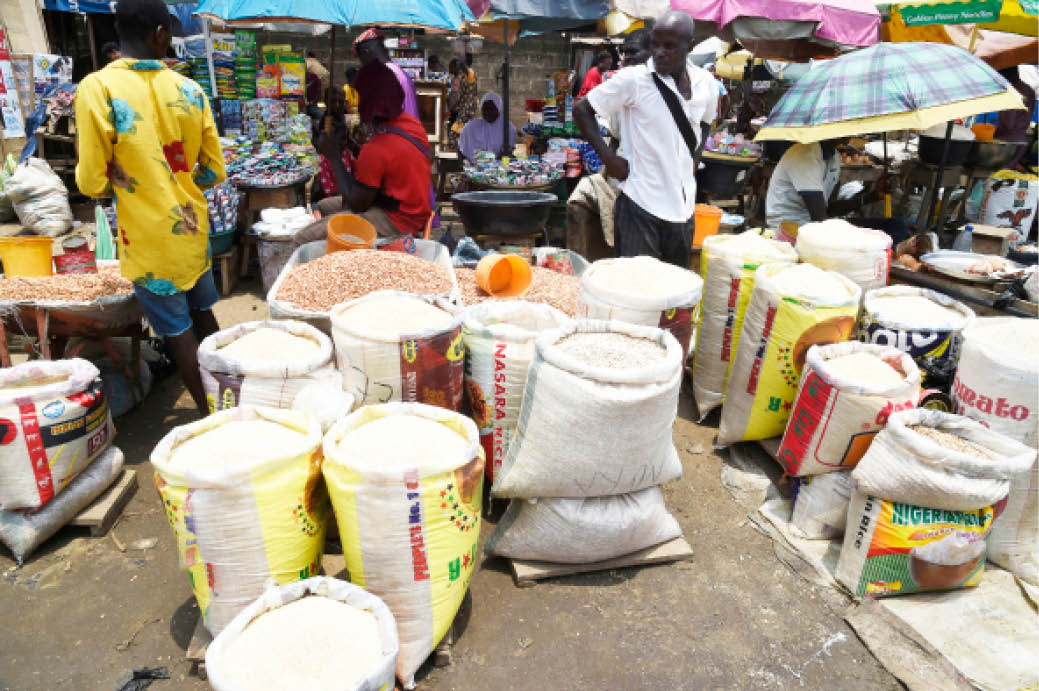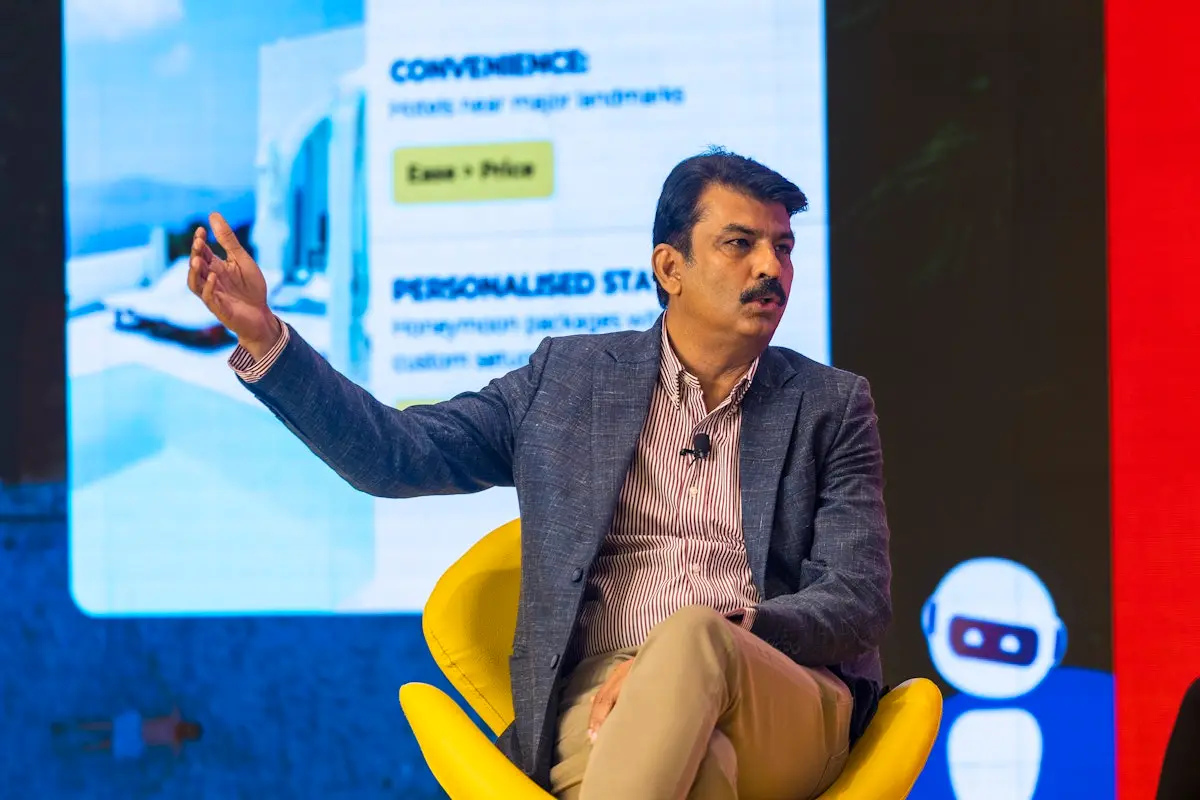Nigerians Spend Over 50% of Income on Food

A report by SEID, a marketing communications firm in Lagos, indicates that 50.1% of Nigerians' monthly income is spent on food. Rising electricity costs are pushing 18.5% of households to adopt solar solutions, and 31.7% rely on self-employment, highlighting a rapid shift in consumer behavior. These findings were presented during the launch of SEID's 'Nigerian Consumer Outlook Report 2025 (NCOR 2025)'.
The report highlights how Nigerians are adapting their spending habits, brand preferences, and purchasing decisions in response to current economic dynamics. It provides insights into consumer behavior in a dynamic market, aiming to guide international investors and inform policymakers.
The research for the report involved over 7,000 Nigerians across all six geo-political zones. Tubosun Akeju, Managing Partner at SEID, emphasized that the NCOR 2025 is a blueprint for decision-makers, helping businesses make strategic decisions through contextualized insight. He noted that the Nigerian market has experienced multiple changes in recent years, including generational, cultural, and technological shifts, as well as changes in government policies.
Akeju pointed out that recent policy changes have made it crucial to understand the realities of Nigerian consumers and how they are navigating the evolving economic landscape. The NCOR 2025 aims to deliver insights and spotlight opportunities for brands, investors, and policymakers to successfully navigate this transformation, offering a unique perspective on the challenges and untapped opportunities within the market.
For multinationals, development agencies, and foreign direct investors, Akeju stated that NCOR 2025 serves as a vital resource for decoding behavioral shifts and identifying entry points in a market that is setting trends across West Africa. The report’s methodological rigor and actionable insights set it apart.
Key sections of the report analyze spending priorities across different income segments, document shifting consumer loyalty patterns, and identify emerging opportunities in various sectors. It also examines the impact of fintech adoption on retail experiences and the growing preference for local products over imported alternatives.
Akeju concluded by noting that Nigeria’s economic landscape is undergoing rapid transformation, with inflation, policy shifts, and global uncertainties significantly altering consumer behavior. The launch of NCOR 2025 is aimed at critically understanding these factors responsible for the changes in consumer behavior in the country.








